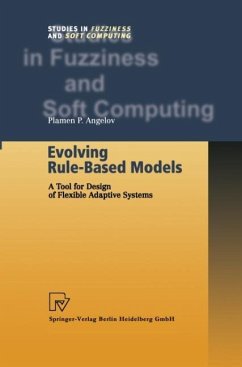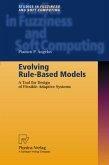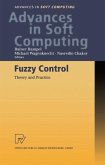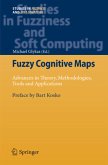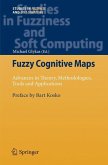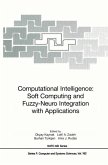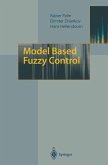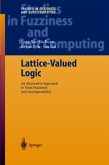The idea about this book has evolved during the process of its preparation as some of the results have been achieved in parallel with its writing. One reason for this is that in this area of research results are very quickly updated. Another is, possibly, that a strong, unchallenged theoretical basis in this field still does not fully exist. From other hand, the rate of innovation, competition and demand from different branches of industry (from biotech industry to civil and building engineering, from market forecasting to civil aviation, from robotics to emerging e-commerce) is increasingly pressing for more customised solutions based on learning consumers behaviour. A highly interdisciplinary and rapidly innovating field is forming which focus is the design of intelligent, self-adapting systems and machines. It is on the crossroads of control theory, artificial and computational intelligence, different engineering disciplines borrowing heavily from the biology and life sciences. It is often called intelligent control, soft computing or intelligent technology. Some other branches have appeared recently like intelligent agents (which migrated from robotics to different engineering fields), data fusion, knowledge extraction etc., which are inherently related to this field. The core is the attempts to enhance the abilities of the classical control theory in order to have more adequate, flexible, and adaptive models and control algorithms.
Bitte wählen Sie Ihr Anliegen aus.
Rechnungen
Retourenschein anfordern
Bestellstatus
Storno

